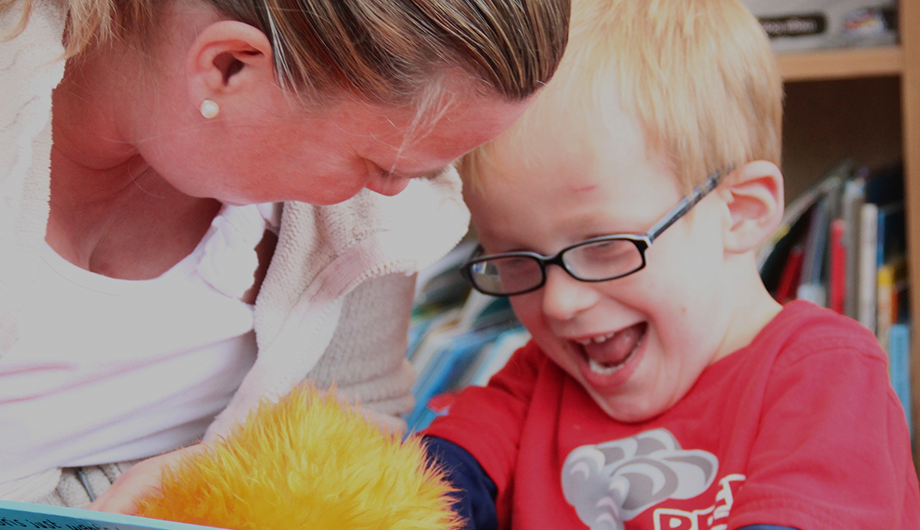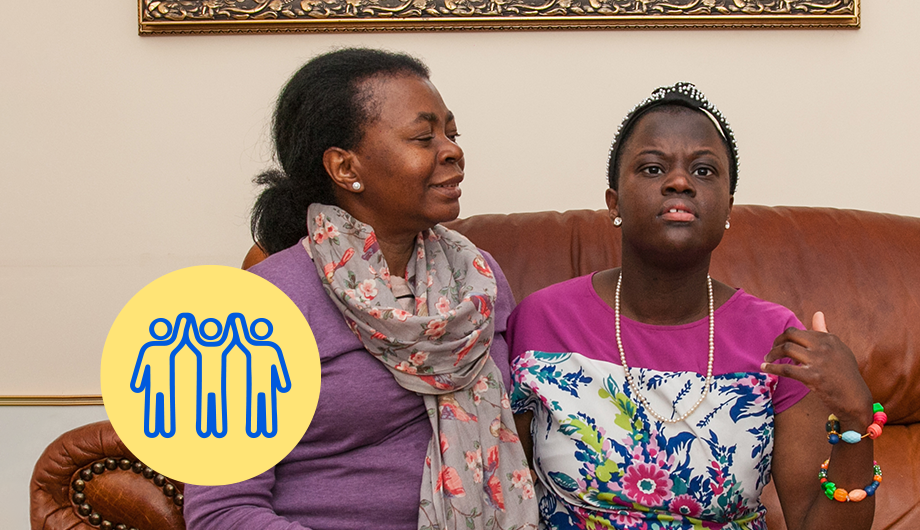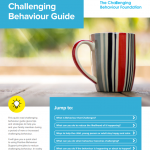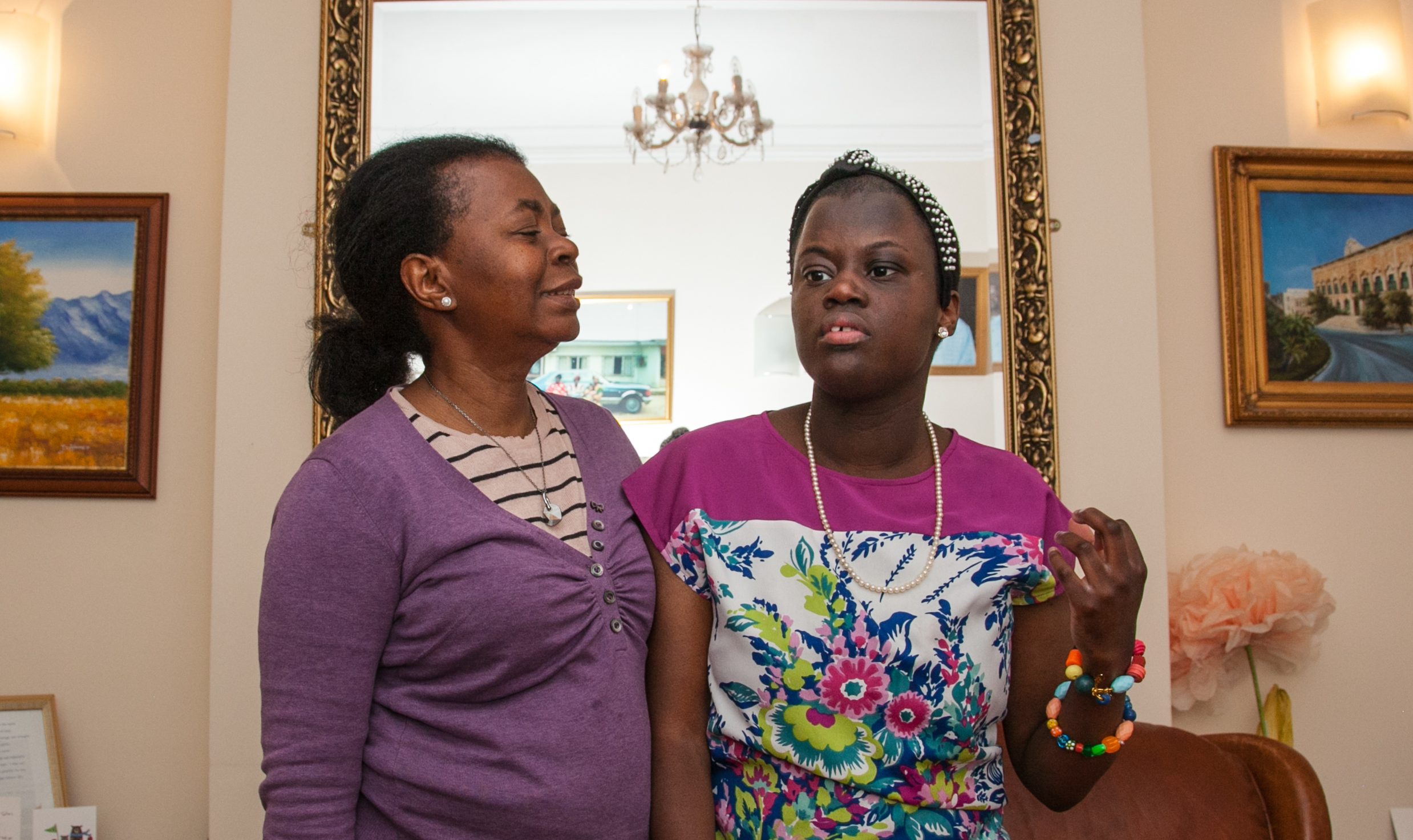
Understanding challenging behaviour: part 1
Why children and adults with learning disabilities may display problems or unusual behaviours and what can be done.

Positive Behaviour Support (PBS) is a person-centred approach to supporting people with a learning disability. We offer information resources about PBS and suggest where to find out more.
Children, young people and adults have the right to support and services that create capable environments. These should be developed on the principles of Positive Behavioural Support (PBS) and other evidence-based approaches. They should also draw from additional specialist input as needed to respond to all the needs of the individual.
Children, young people and adults also have a right to receive support and care based on good and up to date evidence. This should include timely access to therapies, PBS and psychology as appropriate to meet their needs.
 Positive Behavioural Support – an information pack for family carers
Positive Behavioural Support – an information pack for family carersThis pack of resources aims to provide information about PBS. It explains what it is, what it looks like in practice, provides questions to ask to check that PBS is being delivered well in the setting you are looking at and guidance on how family carers can find out more including advice on training.
Read or download the PBS information pack for family carers
 Quick Read Challenging Behaviour Guide
Quick Read Challenging Behaviour GuideThis quick read challenging behaviour guide gives tips and strategies to help you and your family member during a period of new or increased challenging behaviour. It will give you a quick start to using PBS principles to reduce challenging behaviour and tips to plan how to respond in a crisis situation.
Read or download Quick Read Challenging Behaviour Guide
Consult our webpage to get the answers to your questions:
“Why might PBS be a helpful approach?”
“How do we make PBS happen?”
Consult our webpage to get the answers to your questions:
“Do you need help with your family member’s behaviour?”
“Are you unsure what services are available to support your family?”
“What happens if referrals to services do not lead to assessments or support?”
“How do you advocate for your family member to get specialist behaviour support?”
Click on the buttons to watch a range of our PBS videos, which are free to watch/download.
Watch our video resource: An introduction to challenging behaviour
Watch our video resource: Challenging Behaviour – Supporting Change
The overall aim of PBS is to improve the quality of a person’s life and that of the people around them. This includes children, young people adults as well as older people.
PBS provides the right support for a person, their family and friends to help people lead a meaningful life and learn new skills without unnecessary restrictions. It is not simply about getting rid of problematic behaviour
‘The Key Messages about Positive Behaviour Support’ resource has been produced to outline the important principles of PBS. What is it? Why is it necessary? And how can it be successfully delivered.
Read or download: The Key Messages about Positive Behaviour Support
We have a series of three information sheets relating to challenging behaviour. Click on the links below to read the summaries or download the complete information sheets.

Why children and adults with learning disabilities may display problems or unusual behaviours and what can be done.

All behaviour happens for a reason, and being aware of the causes is key.

Behaviour Support Plans provide carers with a step by step guide to managing challenging behaviour.